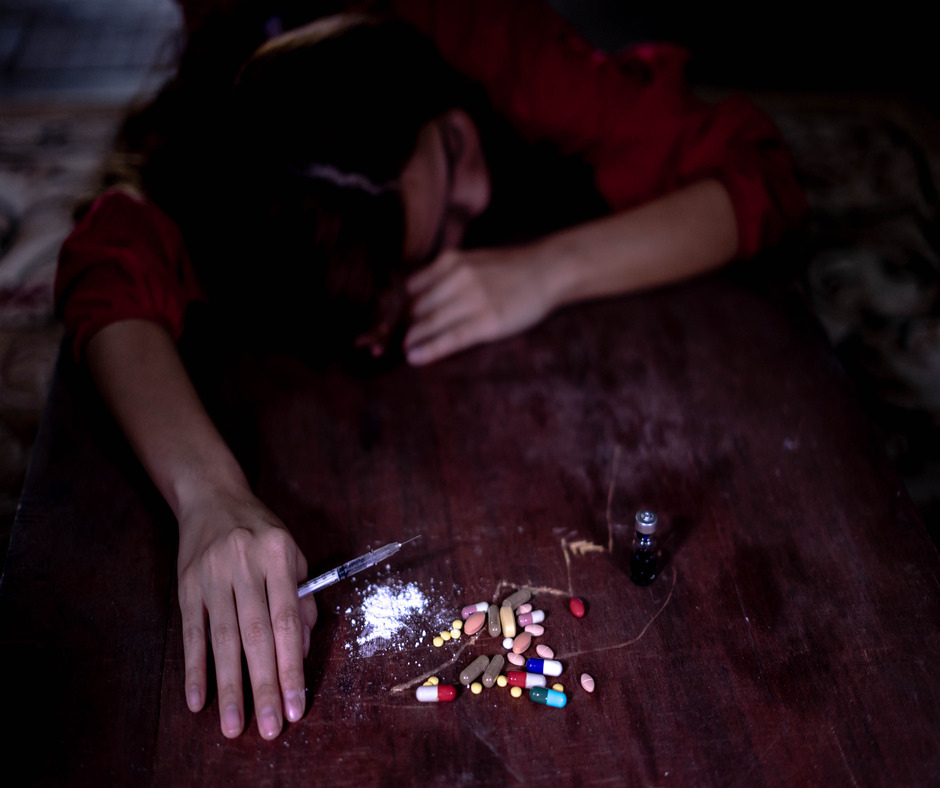Childhood is a time of wisdom, a time of curiosity, and time of learning. But for some, this time could be miserable as one goes through a bitter experience and is left with great emotional scars. A child is very delicate and if that child has gone through a trauma in the formative years, he or she would always carry that imprint throughout life. His personality, relationships, and general well-being will carry the emblems of that kind of trauma. Childhood trauma can determine a person’s emotional and psychological condition in such a way that adult life gets modulated in some really unique and often invisible ways. This blog will tell us about childhood trauma, its effect on different lifestyles, and the best treatments available. If you or any friend of yours has not been able to recover from trauma let him or her visit the Best Online psychologist consultation in Kerala.
What is Childhood Trauma?
To a child, the home is expected to be a shelter for safety and care. However, it cannot be a guarded place for many children. Trauma can occur at any place, be it at home, school, peer groups, or even outside in public – can be a scene of trauma. It doesn’t take age, gender, or background to discriminate; it can come at any time in both boys and girls. They tend to be impacted and altered forever.
Childhood trauma is mainly seen when the child does not receive a direct assault on his or her body but when she witnesses behaviours that induce trauma to the person such as domestic violence, natural calamities, or even harsh words from someone nearby. A traumatic experience doesn’t need to be felt physically to be considered a lasting one; sometimes, simply hearing something painful or witnessing a distressing sight can convince such a child that they experienced trauma in their psyche. The Best Online Psychologist Malayalam services are very effective for many of these reasons because the professional trained in the field can help the personal transactions in a secure and supportive environment.
After Effects of Childhood Traumas
Different aspects of a person’s life would include as varied as the physical endowment. Emotions, behaviour, and cognition.
- Physical and Emotional Effects
Such trauma in children often has long-term physical and emotional consequences. Articles on trauma highlight how escalating stress can weaken the immune system, making victims more susceptible to various illnesses. Additionally, affected children are likely to experience sleep disturbances, anxiety, and depression. The emotional impact of such distress may manifest as intense emotional turmoil, aggressive behavior, or, conversely, social withdrawal as a coping mechanism.
- Cognitive Effects
Experiencing trauma can significantly impact brain development, leading to difficulties with concentration, problem-solving, and decision-making. Students who have undergone trauma often struggle with learning and memory, affecting their academic performance. The stress associated with trauma can make studying challenging, sometimes rendering children unable to focus, which may, in turn, lower their self-esteem and create self-doubt. Seeking professional support through the best online counseling in Kerala can help children develop effective coping strategies, enabling them to overcome these cognitive challenges and foster both academic and personal growth.
- Emotional Issues
Children exposed to trauma often have difficulty regulating their emotions. They could develop extreme fears, and mood swings, or feel sad all the time. Their unstable emotional condition due to trauma makes them harder to bond with family members, teachers, and peers. If these emotional issues are not dealt with, they may carry on into adulthood, making it harder for them to trust anyone or have a healthy relationship.
- Behavioral Issues
Destructive behavioural patterns get reinforced through unresolved childhood trauma. In many cases, children self-harm, are excessively aggressive towards others, or simply withdraw. Some abuse food, substances, or recklessness to escape their emotional turmoil. But with no intervention, such behaviours persist into adulthood and affect career and personal life adversely.
- Dissociation and Its Long-Lasting Effects
Whenever a child is subjected to severe trauma, dissociation acts as a defence mechanism where the mind detaches from reality to escape pain. If dissociation is not treated, it can result in life-long problems such as difficulty forming a coherent view of self, emotional disconnection, and an altered perception of reality. This may result in various mental health conditions such as acute stress disorder, adjustment disorder, reactive attachment disorder, depression, and personality disorders.
How Childhood Trauma Affects Adult Life
Unresolved childhood trauma does not just disappear with the sands of time; the consequences increasingly become manifest with age in adult life in ways like:
- Mental health disorders: Increased risk of anxiety, depression, and personality disorders.
- Social difficulties: Trouble in establishing close relations, trust issues, and lower social engagement.
- Poor health and nutrition: Chronic stress may lead to various digestive troubles, obesity, or eating disorders.
- Sleep disturbances: Insomnia or nightmares arising from traumatic memories of the past.
- Mood disorder and impulsivity: Mood instability, poor control of mood, or self-destructive behaviours.
How to Overcome Childhood Trauma
Healing from childhood trauma means acknowledgement, recognition, processing, and then working toward recovery. That acknowledgement identifies the trauma; recognitions accept its full impact and lead toward processing emotions; and recovery is through professional help, working with trauma-trained psychologists.
- Therapy and Psychological Support
Professional assistance is a must in overcoming childhood trauma. Consulting with the Best psychologist in Kerala will enable individuals to get therapy from the comfort of their own homes. In helping people resolve their emotional crises, psychologists often provide trauma-focused psychotherapy that teaches them about their emotions, transforms their thinking, and prepares them to cope.
- Alternative and Traditional Therapies
The other options for healing an individual, besides psychotherapy, include alternative treatments such as meditation, yoga, art therapy, and mindfulness techniques. These help individuals to process their emotions healthily while reducing stress and establishing emotional equilibrium.
- The Importance of Native-Language Counseling
It is more comforting and helps in deeper understanding when a person can discuss the traumatic experience in his native language. It ensures there are no barriers to the expression of emotions as it deals with a language best in understanding things when therapy is given in a familiar language. It helps individuals feel understood and well-supported.
- Family vs. Professional Help
Such issues must end and one has to seek psychological counselling when it comes to extreme situations where a family member is the source of trauma. Having family support is always limited- a family member is involved. This is because a psychologist would offer an unbiased perspective with structured guidance.
- Long-Term Healing and Future Growth
The ideal therapy can draw an individual out of childhood misery and into a life considered fulfilled. Trauma healing is also a necessity to achieve emotional well-being, better academics, healthier careers, and quality relationships. A child can emerge as an emotionally strong adult from expertly-timed psychotherapeutic support.
Conclusion
Childhood trauma has a shadow that cuts across areas of life. When looked at emotionally, this shadow has an equally visible manifestation on relationships and even physical health. However, it provides possible healing through the best of professional therapy as well as trauma-focused treatments and self-healing. Healing in one’s language helps in quick and effective healing. Recovery and consulting a professional through an Online Psychiatric Service in Kerala would hence ensure better emotional connection and recovery. Remember, childhood traumas can be erased and it is necessary to be erased for a bright future.


